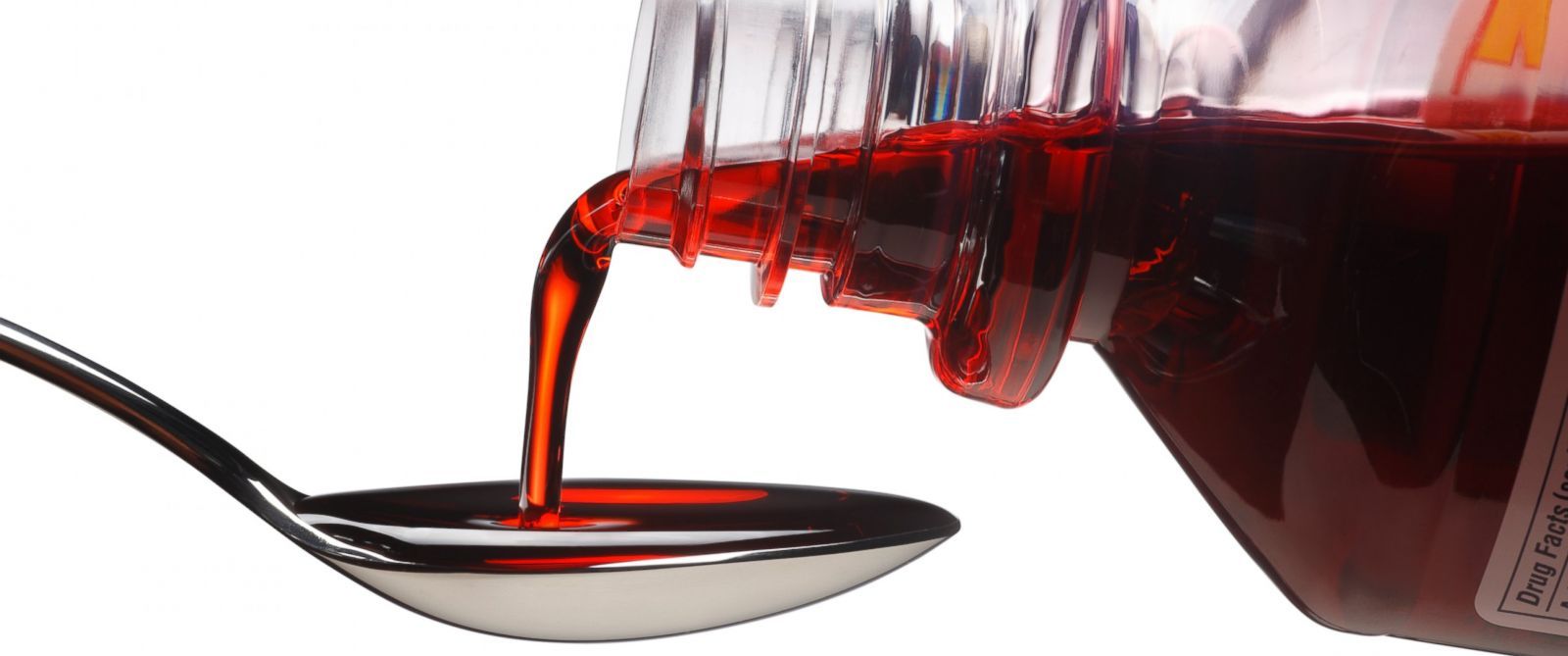The action comes amid growing concerns over the deaths of several children in Madhya Pradesh and Rajasthan, allegedly linked to the consumption of the syrup.
Published Oct 04, 2025 | 3:58 PM ⚊ Updated Oct 04, 2025 | 3:58 PM

coughsyrup/Creative Commons
Synopsis: The syrup, marketed under the name Coldrif, had been distributed to Rajasthan, Madhya Pradesh, and Puducherry. Following the alarming reports of child fatalities due to suspected kidney failure, the Tamil Nadu government imposed a statewide ban on the sale of Coldrif, effective 1 October.
Authorities in Tamil Nadu have halted the production of a Chennai-based pharmaceutical firm after test results confirmed adulteration in samples of its cough syrup.
The action comes amid growing concerns over the deaths of several children in Madhya Pradesh and Rajasthan, allegedly linked to the consumption of the syrup.
Officials from the Food Safety and Drug Administration inspected the company’s manufacturing facility in Sunguvarchathram, Kancheepuram district, and collected samples that later tested adulterated. The firm has been directed to stop production immediately and provide a formal explanation to the authorities.
The syrup, marketed under the name Coldrif, had been distributed to Rajasthan, Madhya Pradesh, and Puducherry. Following the alarming reports of child fatalities due to suspected kidney failure, the Tamil Nadu government imposed a statewide ban on the sale of Coldrif, effective 1 October.
At least nine children have died across the two states, with the highest number of casualties in Madhya Pradesh’s Chhindwara district, where six children died over a one-month period between 4 September and 26 September.
In Rajasthan, three confirmed deaths occurred in separate districts: two children in Sikar, including a five-year-old who died on 29 September; one in Bharatpur on 22 September; and one in Banswara.
Thirteen children, including eight from Chhindwara and Nagpur, are currently under treatment.
Meanwhile, Rajasthan has suspended its state drug controller, Rajaram Sharma, for allegedly influencing the drug testing process. The state’s Medical and Health Department has also ordered a suspension on the supply of all 19 medicines produced by Jaipur-based Kaysons Pharma until further notice.
The incident has raised serious questions about the safety standards of drug manufacturing and distribution, prompting multiple states to tighten their pharmaceutical surveillance.
Children who consumed the contaminated syrup showed a consistent pattern of severe symptoms. They initially presented with mild fever and cold and appeared to recover before their condition suddenly worsened.
The most alarming symptoms included a drastic reduction or complete cessation of urine output, persistent vomiting, swelling of the body and face, and rapid progression to acute kidney failure.
In Chhindwara, kidney biopsies suggested contamination by toxic chemicals such as diethylene glycol, known to cause severe kidney damage.
Children in Rajasthan showed symptoms consistent with dextromethorphan toxicity, including drowsiness, dizziness, anxiety, restlessness, and loss of consciousness. Several became unable to eat before succumbing to organ failure.
Days after reports of child deaths linked to cough syrup consumption in Madhya Pradesh and Rajasthan, the Directorate General of Health Services (DGHS) has issued a nationwide advisory, cautioning against the use of cough and cold medicines in young children.
The advisory, addressed to all states and Union Territories, stated that “cough and cold medications should not be prescribed or dispensed to children under 2 years. These are generally not recommended for ages below 5 and above that age, any use should follow careful clinical evaluation with close supervision, strict adherence to appropriate dosing, the shortest effective duration, and avoidance of multiple drug combinations.”
(Edited by Sumavarsha, with inputs from Veni EN)
